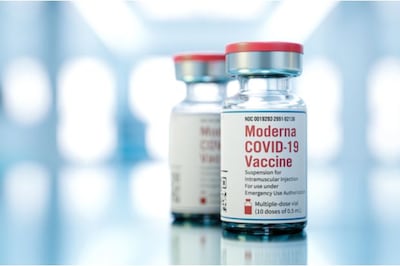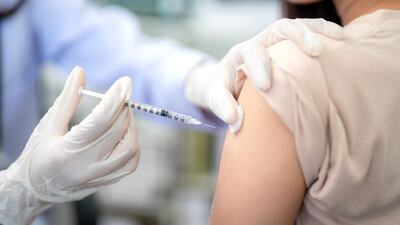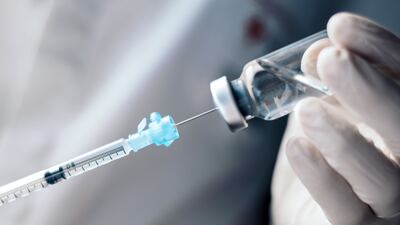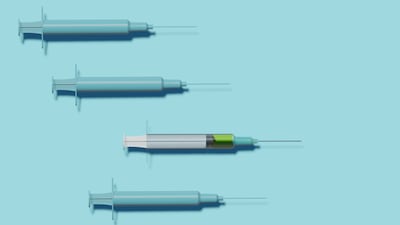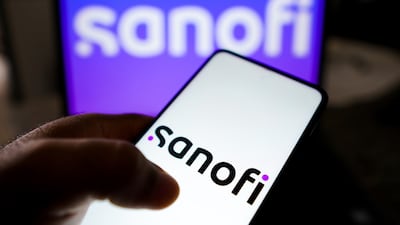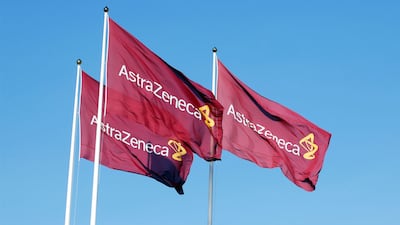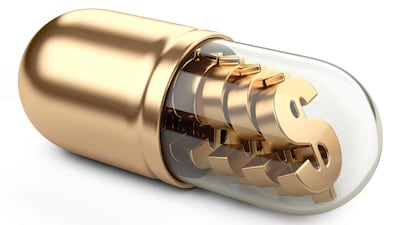COVID-19
One Phase III trial hits but a second study misses by a mile.
The new US FDA vaccine guidelines introduced on 20 May might cause financial woes for Moderna, but overall vaccine makers should not be as impacted as feared.
Kostaive is the first self-amplifying mRNA COVID-19 vaccine to receive approval from the European Commission and could provide serious competition to Pfizer/BioNTech's Comirnaty and Moderna's Spikevax.
A week after a downbeat forecast at J.P. Morgan Healthcare Conference, the US mRNA specialist has pocketed another sizeable sum from the US Department of Health and Human Services to accelerate development of an H5N1 mRNA pandemic influenza vaccine.
Pfizer’s and Moderna’s quarterly pandemic-related product sales could not mask other weaknesses while GSK’s quarter was marred by unimpressive non-pandemic vaccines sales.
Japanese distributor Meiji Seika Pharma is considering possible legal action against what it views as online slander around COVID-19 vaccine Kostaive, which received its global-first approval in Japan last year and has now been launched for regular vaccination in the country.
Pfizer/BioNTech and Moderna rapidly adapted Comirnaty and Spikevax for the 2024-2025 season to address the KP.2 variant after the US FDA had advised them to target JN.1 in June.
The companies said their combination mRNA vaccine showed protection against SARS-CoV-2 and influenza A, but not influenza B.
The UK giant’s COVID-19 prophylactic sipavibart could soon reach Europe and competition is sparse.
When life hands a biotech company the equivalent of good grapes, the expectations are for its products to be the equivalent of fine wine. Before that Moderna looks likely to make lemonade.
The company reported a late-stage success with its COVID-19 and flu combo vaccine, and says it can hit the market next year.
Despite sales success in Japan and a fast track designation in the US, Shionogi’s oral COVID-19 therapeutic has missed statistical significance in a global Phase III trial in patients with mild to moderate symptoms.
In this week's podcast edition of Five Must-Know Things: AstraZeneca’s Vaxzevria farewell; the next wave of cardiometabolics; Pfizer recruits prominent analyst: foundation pleas for China rare disease therapies; and Gossamer partners up for respiratory therapy.
The voluntary withdrawal of the license for the UK major's COVID-19 vaccine is due to a surplus of available updated jabs from other companies that target new variants and is not connected to the mis- and disinformation being peddled on the internet and elsewhere on very rare adverse events.
Pfizer’s management team addressed topics ranging from COVID-19 revenues to Medicare’s drug negotiation program and new product launches.
Pfizer/BioNTech’s COVID-19 vaccine Comirnaty toppled after recording the highest ever annual sales for a pharmaceutical in 2022, while Novo Nordisk’s Ozempic climbed rapidly. But Merck & Co’s immuno-oncology blockbuster Keytruda was secure in the number one spot in 2023 as COVID-19 receded.
Social media-promoted vaccine hesitancy could have been a factor in the dip in established fourth-quarter vaccine sales with younger age groups targeted rather than seniors. Other drug categories may benefit from lifestyle changes prompted by the pandemic.
The model, more common with high-cost gene therapies, is designed to de-risk use of the drug for hospitals in the event that patients with COVID-19-related ARDS do not survive.
While attempting to move beyond post-pandemic unfavorable revenue comparisons, other unfavorable comparisons emerged at Pfizer.


